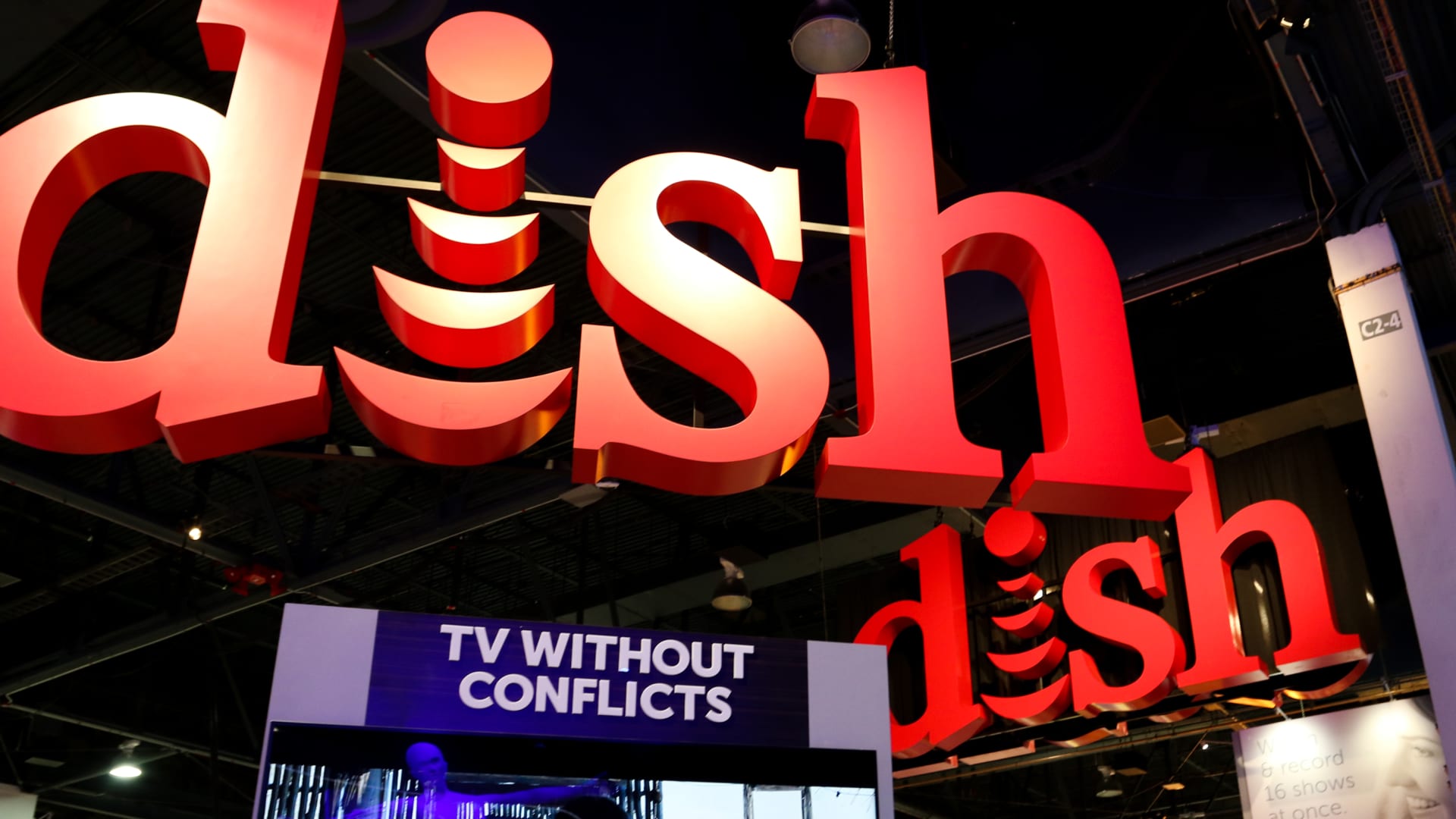DISH Network (DISH) fell more than 30% following earnings, and is now down more than 90% in just over two years. Options volumes and prices have skyrocketed since, but they’re not betting the stock will do the same. The issue? It’s cash flow. Subscriber declines of 64,000 in pay TV and 225,000 in their wireless business startled investors. The question investors are asking themselves now is not whether the company will succeed or stabilize, but whether it will survive. The company carries roughly $24 billion in net debt (versus a market capitalization of just $1.9 billion). Debt investors are pricing in significant risks for the company’s unsecured debt, for example the 3.375% convertible bonds maturing in 2026, less than 3 years away, are trading at $44.30, an implied yield of 37% and are rated “CCC-” S & P a high-default risk, although the company’s secured debt carries a higher B rating and is yielding just under 13%. Some options traders believe that the already hard hit stock could fall further. For example, we saw a traders paying $1 for the June $3.50 puts. The stock would need to fall below $2.50/share for those puts to be profitable. These types of trades are sometimes used to hedge positions in the debt. Lucid spread bets Another company that reported earnings and is facing cash flow concerns is EV maker Lucid Group Inc. (LCID) . EV sales have been under pressure as the auto majors continue to lose money on their electric vehicles, and have been forced to provide incentives and discounts on some models. This pressure has been aggravated by Tesla, which seems to be one of the few automakers that can turn a profit on EVs and has instituted some aggressive price cuts of their own. The auto industry is capital intensive and the $4.4 billion in cash Lucid has on hand amounts to just 5 quarters of runway given the street’s current negative cash flow projections. Wednesday’s most active contract was the January 2025 $3.00 puts, over 56,000 traded. It appears much of that volume traded on spreads including this large May 2024 $4/Jan 2025 $3 ratio diagonal illustrated below. A diagonal spread is a spread whereby an option trader buys (sell) an option of one strike and expiration and sells (buys) an option of another strike and another expiration. These are called diagonals because they go out in time and up or down in strike. In the case of LCID, someone sold the May $4 puts to buy the Jan 2025 $3 puts (on a ratio). Illustrating spreads with two different expiration dates is a bit challenging of course and in this case the breakevens are as/of May expiration, but a possible explanation is that the trader believes the company could potentially raise more capital from large investors, the most notable of which is the Saudi sovereign wealth fund, which would mitigate cash concerns, but if they fail to do so longer term, the equity could come under further pressure. Datadog’s big move Some earnings results have been quite positive though. One of the most active single-stock options so far this week are those of Datadog (DDOG) , which reported earnings on Tuesday. Flow was very heavy on Monday, trading nearly 6 times average daily options volume. The options market was implying an earnings related move of $10 by week’s end, and that proved to be conservative as the shares have rallied more than double that amount as usage growth shows sign of improvement and a number of analyst upgrades and price target raises followed. Sometimes options traders make bets that something big will happen, other times they make bets that big moves probably won’t happen, and such was the case Wednesday when an option trader sold 3500 December 22nd weekly $85 puts in the name at $1.02. A put seller is willing to get long the underlying stock at the strike price should it fall below that level by expiration. In this case DDOG would need to fall 16% or more for that to happen, and in the meantime if it doesn’t the put seller is collecting 1.2% of the strike price in premium on a trade that expires in 6 weeks. This reinforces an important point. Some options sellers try to chase high premiums, premiums which are elevated going into events such as earnings, while others are willing to collect smaller amounts during periods when few catalysts are likely to move the stock sharply. Options premiums in DDOG were high going into earnings, but not high enough as the sharp move higher illustrated. Now that earnings are out, the put seller depicted below is betting a sharp move lower in the next month and half is unlikely. DISCLOSURES: (None) THE ABOVE CONTENT IS SUBJECT TO OUR TERMS AND CONDITIONS AND PRIVACY POLICY . THIS CONTENT IS PROVIDED FOR INFORMATIONAL PURPOSES ONLY AND DOES NOT CONSITUTE FINANCIAL, INVESTMENT, TAX OR LEGAL ADVICE OR A RECOMMENDATION TO BUY ANY SECURITY OR OTHER FINANCIAL ASSET. THE CONTENT IS GENERAL IN NATURE AND DOES NOT REFLECT ANY INDIVIDUAL’S UNIQUE PERSONAL CIRCUMSTANCES. THE ABOVE CONTENT MIGHT NOT BE SUITABLE FOR YOUR PARTICULAR CIRCUMSTANCES. BEFORE MAKING ANY FINANCIAL DECISIONS, YOU SHOULD STRONGLY CONSIDER SEEKING ADVICE FROM YOUR OWN FINANCIAL OR INVESTMENT ADVISOR. Click here for the full disclaimer.
This story originally appeared on CNBC

